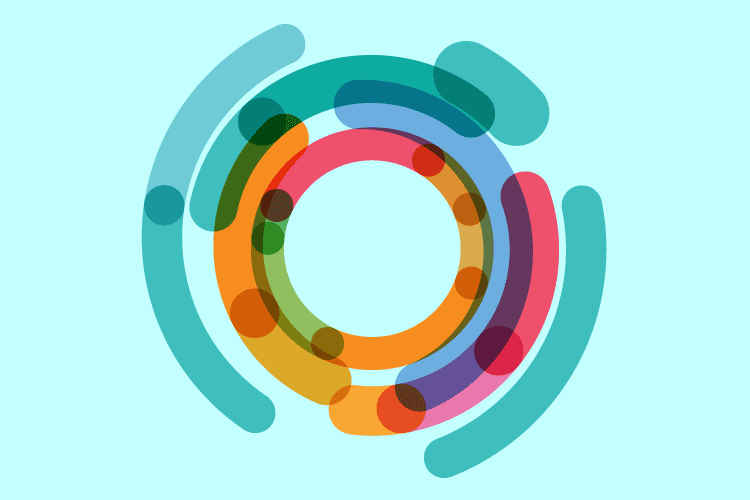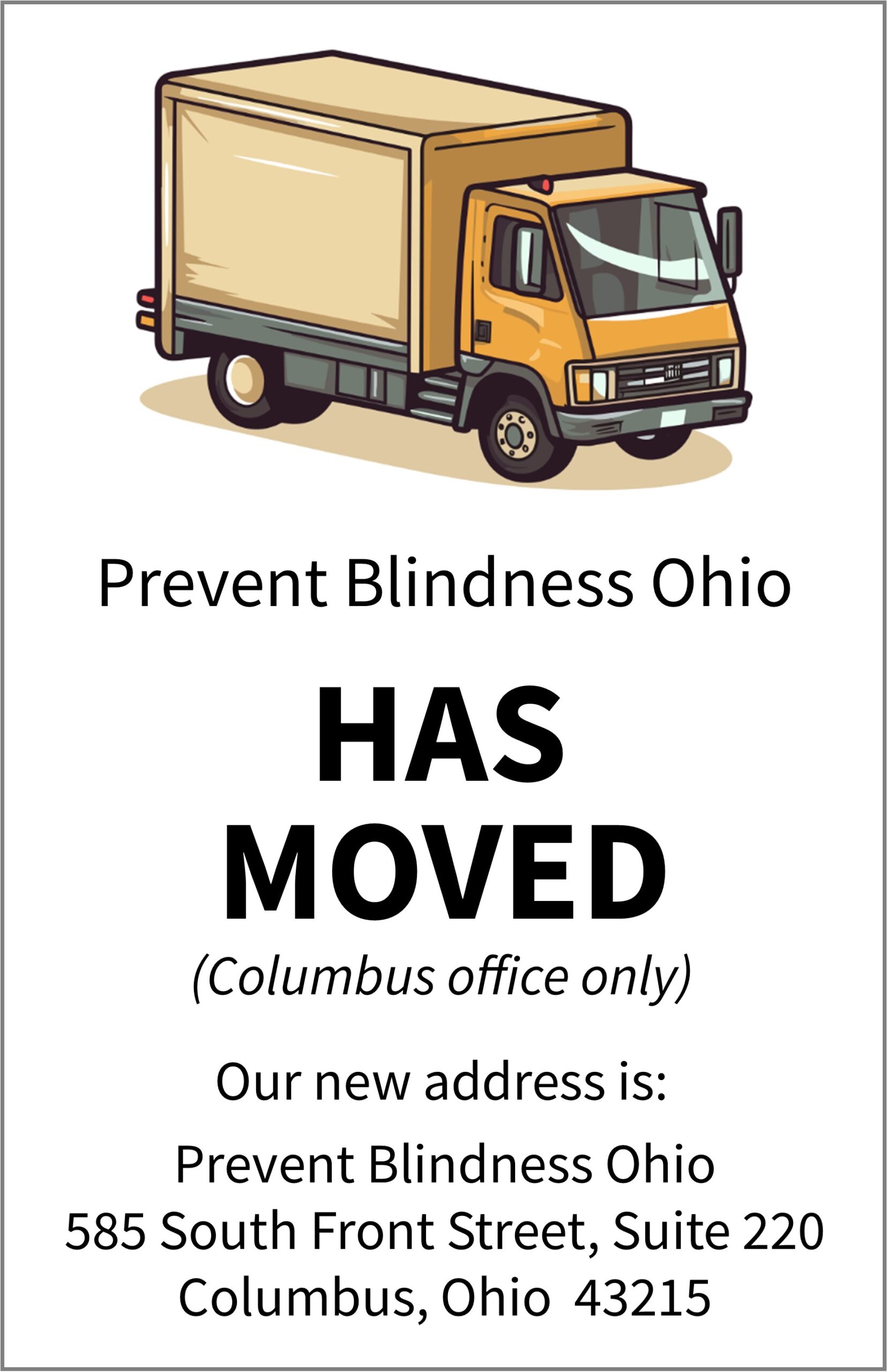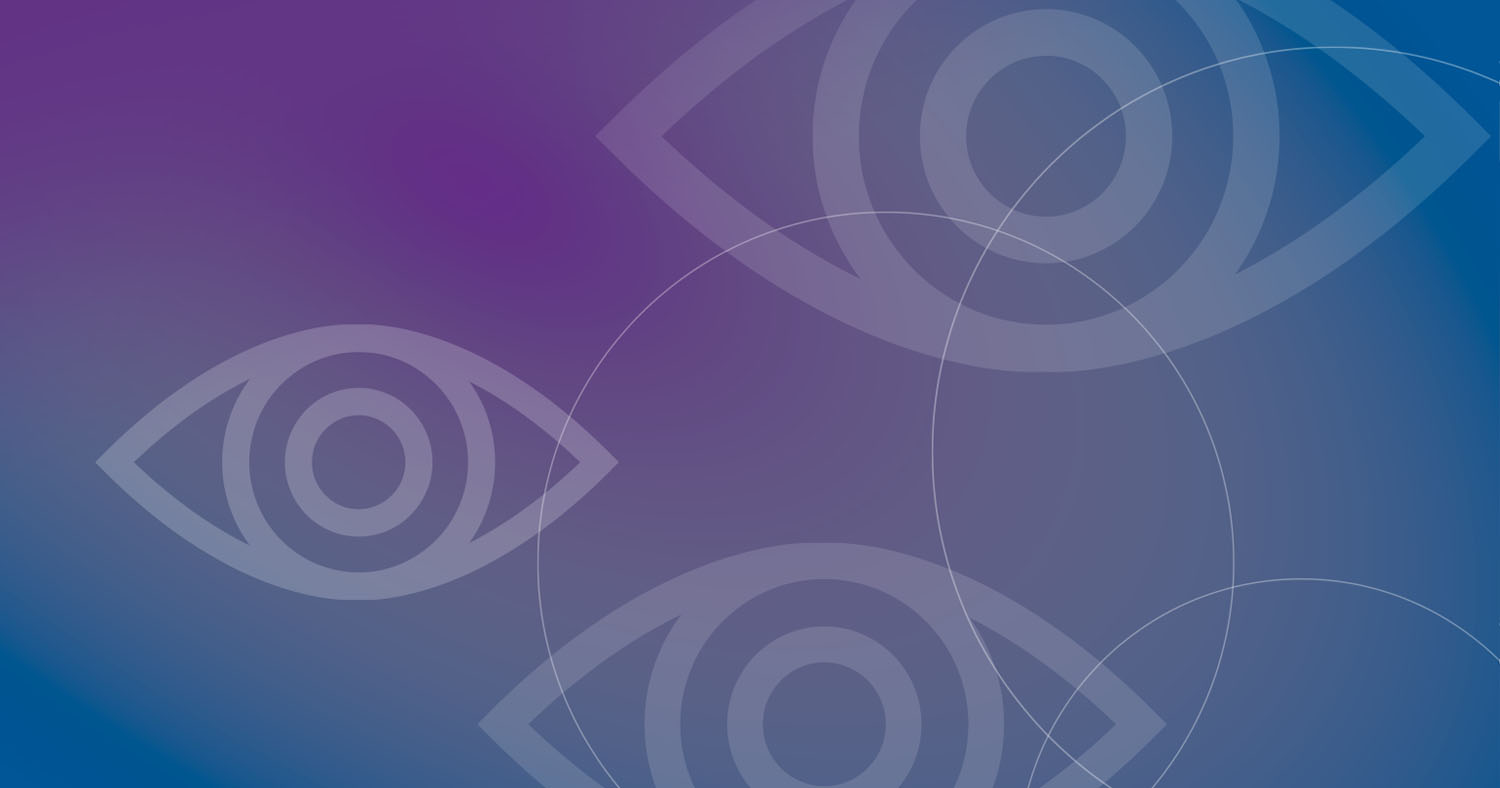People with diabetes have a powerful reason to take care of their eyes. Of the 29 million people in the U.S. with type 1 and type 2 diabetes – about one in 10 people — all are at risk for diabetic eye disease, a leading cause of vision loss and blindness.
Diabetic eye disease isn’t just one disease, but a group of eye problems that can affect people with diabetes. These include cataract, diabetic retinopathy, and glaucoma. Diabetic retinopathy is the most common diabetic eye disease and the leading cause of blindness in people 20–74 years of age. An estimated 7.7 million people ages 40 and older have diabetic retinopathy and by 2030, that number is expected to increase to approximately 11 million people.
Unfortunately, diabetic eye disease often has no early warning signs. It’s important to remember that an early diagnosis is the first step to getting treatment and saving your sight. If you have diabetes, you should get a comprehensive dilated eye exam at least once a year. With early detection, timely treatment, and appropriate follow-up care, the risk of severe vision loss from diabetic disease can be reduced by as much as 95 percent.
Unlike a regular eye exam you get for new glasses or contact lenses, a comprehensive dilated eye exam allows your eye care professional to get a more in-depth look at the health of your eyes. He or she will put drops in your eyes to dilate, or widen, the pupil and then examine your eyes to look for common vision problems and damage from eye diseases, many of which have no early warning signs. Yet only about half of all people with diabetes get an annual comprehensive dilated eye exam, which is essential for detecting diabetic eye disease early, when it is most treatable.
Treatments include medications and laser therapy to stabilize vision loss and protect the retina, the light-sensitive tissue at the back of the eye. But the best way to address diabetic eye disease is to manage your eye health along with your diabetes.
Don’t underestimate the importance of managing your blood sugar level. Well-controlled blood sugar has a positive, measurable, and lasting effect on eye health. Maintaining good blood pressure is also important, and even blood cholesterol may have an impact.
If you have diabetes you should:
- Take your medications as prescribed by your doctor
- Reach and maintain a healthy weight.
- Eat healthy foods, particularly dark, leafy greens.
- Add physical activity to your daily routine.
- Control your blood pressure and cholesterol levels.
- Kick the smoking habit.
Now, for the first time in decades, newer and better treatments for diabetic retinopathy are available to help further prevent vision loss and blindness. The National Eye Institute (NEI) and its National Eye Health Education Program (NEHEP) are working in collaboration with the NEI-funded Diabetic Retinopathy Clinical Research Network (DRCR.net). They are pleased to invite healthcare professionals, diabetes educators, and others working with patients with diabetes to learn about the latest advances in the treatment of retinopathy and about available educational resources to promote the critical need for early detection.
About Emily Chew
Emily Y. Chew, M.D., is the Director of the Division of Epidemiology and Clinical Applications, and the Deputy Clinical Director at the National Eye Institute (NEI), National Institutes of Health (NIH)



